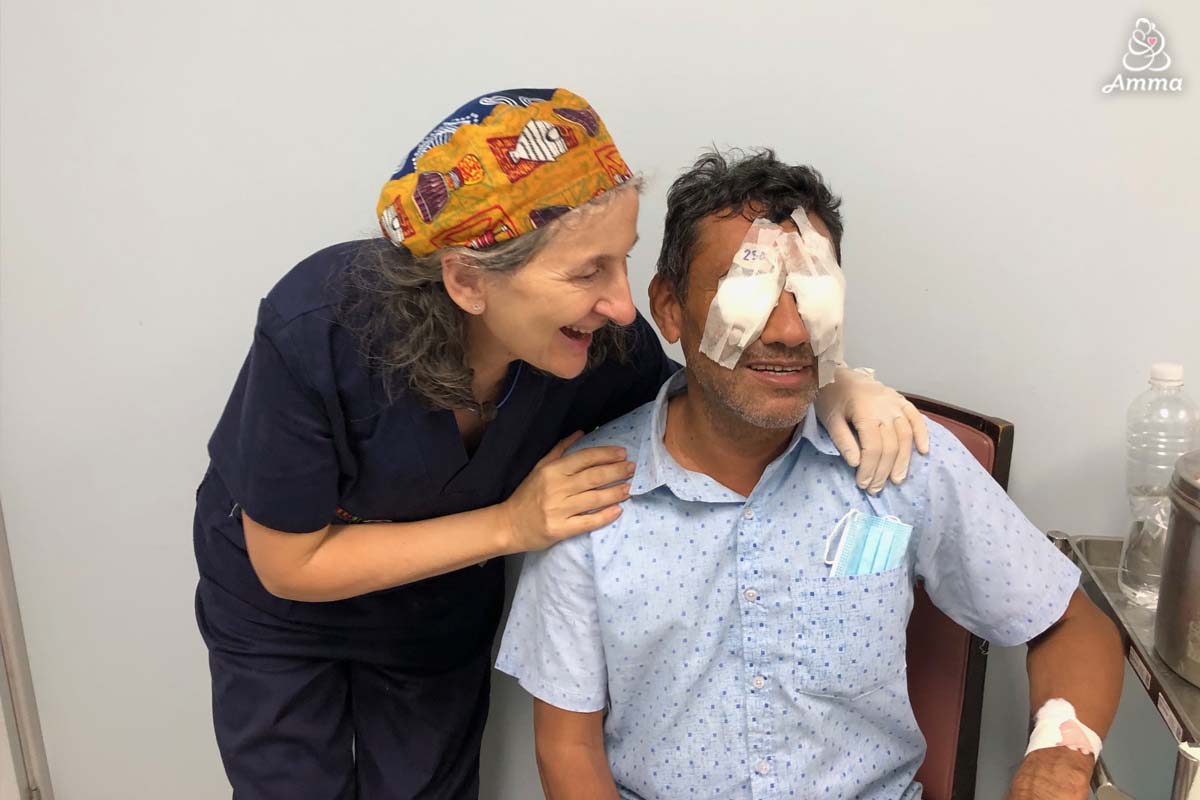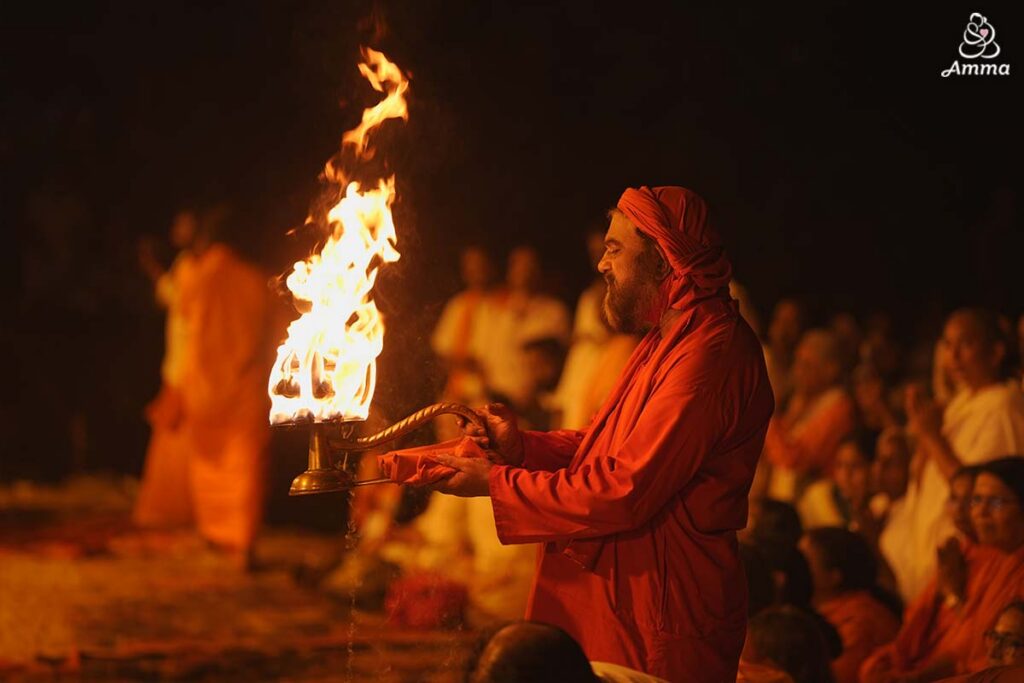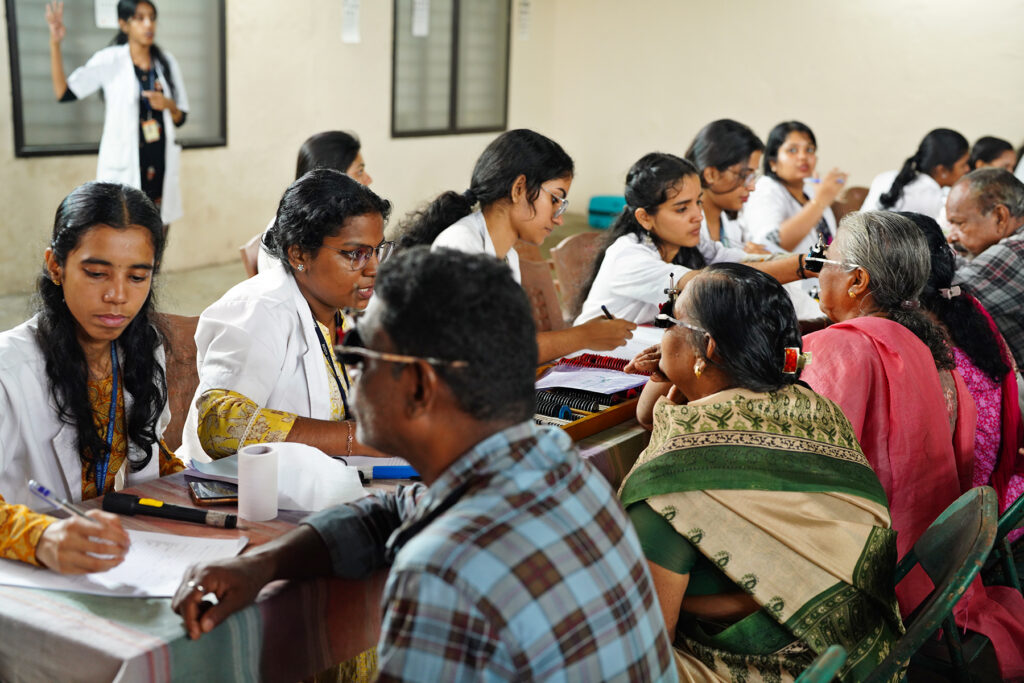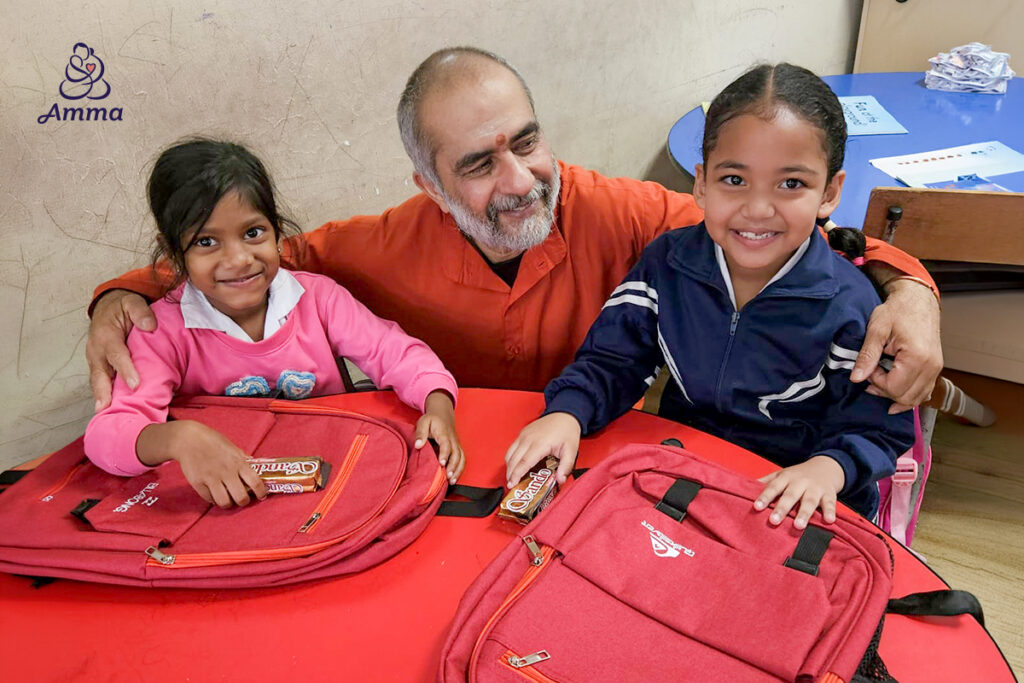His name was Kevin, just three years old, and he was already blind due to bilateral congenital cataracts. But just one day after his surgery in southern Honduras, he was laughing and playing. He immediately chased after a balloon the moment his eyes were uncovered.
It was one of the many endearing moments that took place during our first cataract surgery camp outside of Sub-Saharan Africa. In partnership with the Spanish NGO Visió Sense Fronteres (Vision Without Borders), our volunteers performed 251 procedures at San Lorenzo Hospital, Valle, including two more children aged 10 and 11.
“When Kevin arrived with his family, he couldn’t do anything alone. He only had light perception,” shared Dr Isabel Signes, one of our volunteer optometrists. “When he started grabbing things and running after his surgery, his mother exclaimed, ‘Oh my God. At last!’”
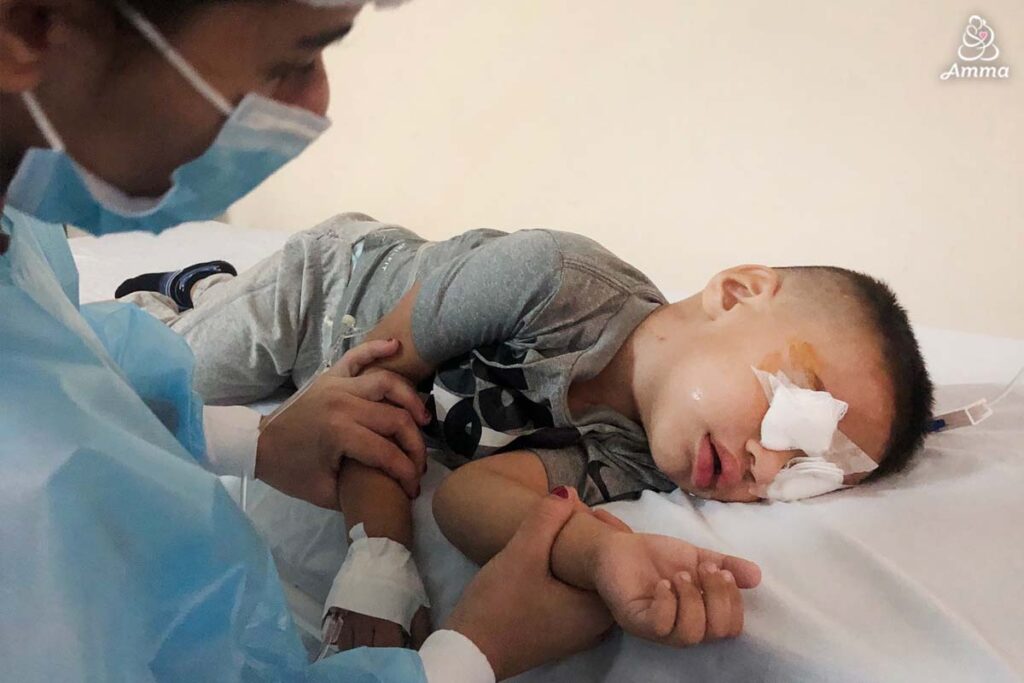
Our volunteers were invited by the Rotary Club of Choluteca to perform the surgeries. Isabel knew it was an impoverished region, but didn’t think it would be as difficult as what they have witnessed in Africa. Instead, she was shocked.
“The severity of the cataracts we were dealing with was really, really bad. We had to perform the more invasive surgery on most of the patients. UN statistics report that nearly 60 percent of the population live in poverty and the health services are very poor,” she explained.
“There is only one government hospital in the capital and in the rest of the country you have to pay. And the prices—I couldn’t believe it. They were the same as in Europe. €1,500 for one cataract surgery per eye.”
Local volunteers screened 870 patients and selected 250 for surgery before our team from Spain arrived. It was made up of three ophthalmologists, two nurses, three optometrists, and one physician who conducted the camp from January 25 to February 2.
The surgical effort was intense, with workdays starting at 7:30 am and ending around 8:00 pm. Most of the patients could only perceive light before the procedure, and as well, a significant prevalence of diabetes among them posed additional challenges.
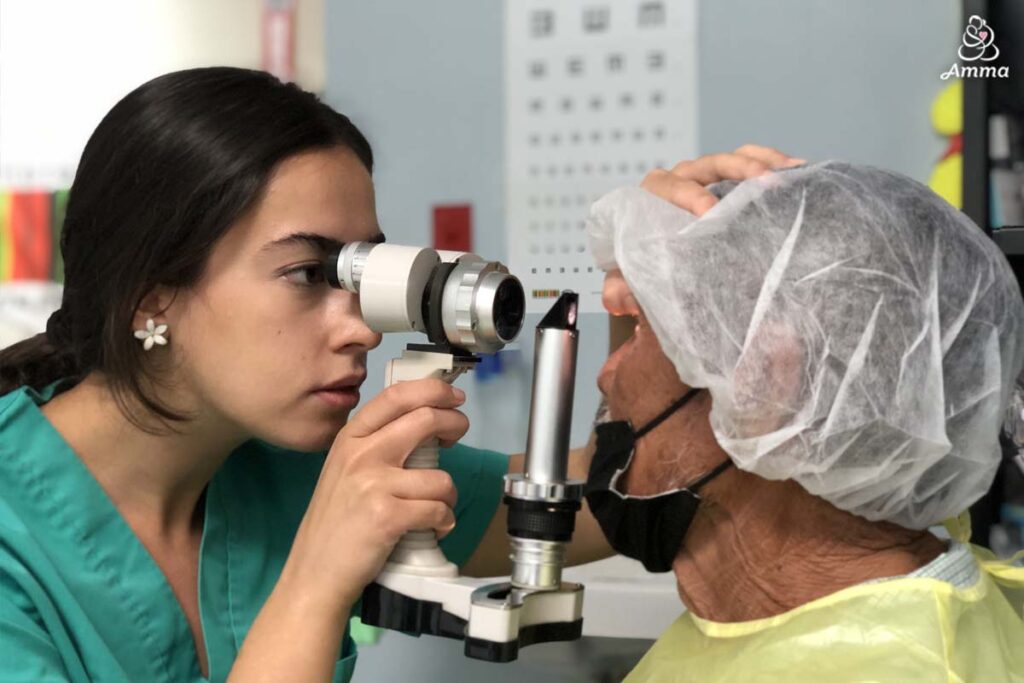
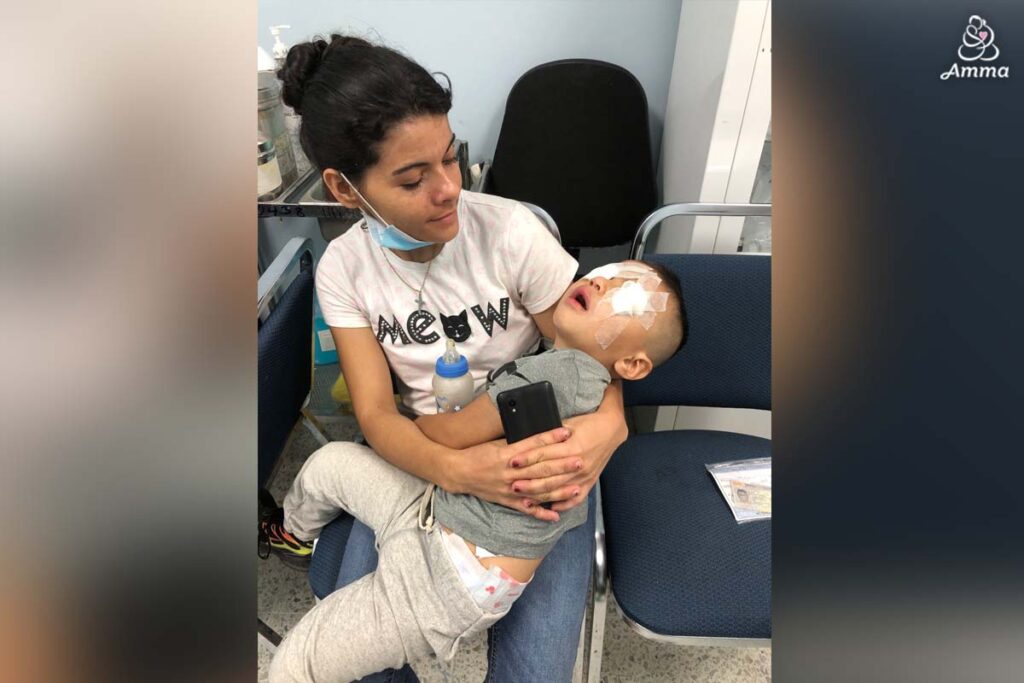
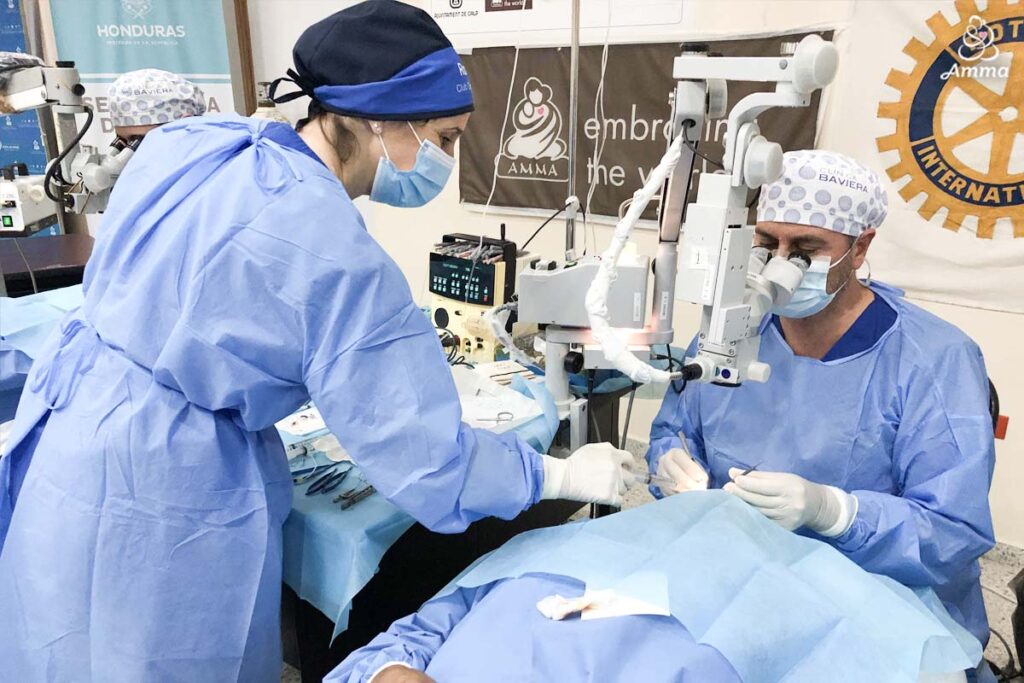
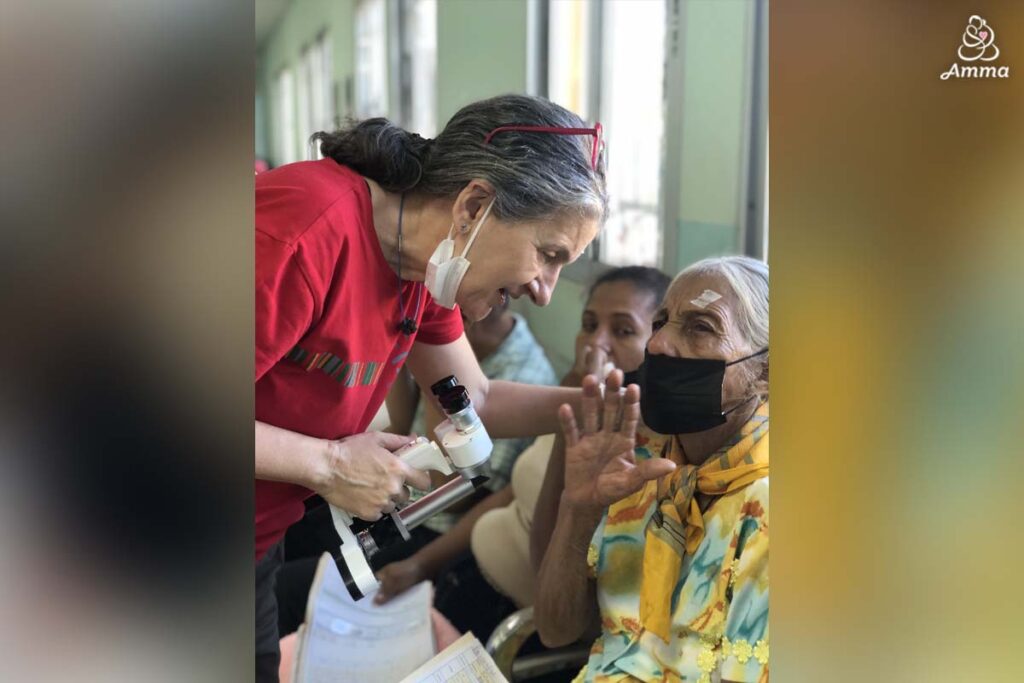
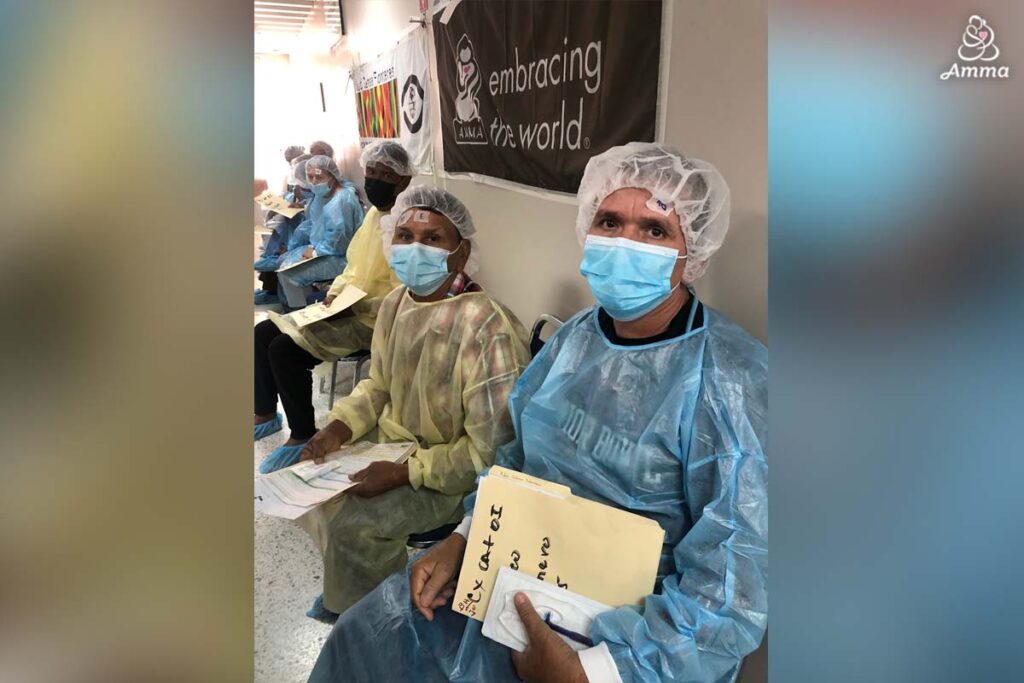
At the end of the camp, Jose Marcelino arrived unexpectedly, a 47-year-old man who was blind for a year-and-a-half due to severe uncontrolled diabetes. Through his right eye, he could only see hand movements, and through his left, only light perception.
“Normally, we do one eye and the next day, we do the second eye. But it was the last day and his condition was so extreme. The ophthalmologist said, ‘Let’s do both eyes,’” Isabel said.
“In between the procedures, the first eye was briefly uncovered and Jose immediately exclaimed, ‘Doctor! I can see! I can see! By the next morning, his long-distance vision was 60% and he could read.
“His sister was so happy, because he was a burden for her. She had to do everything—including helping him to get dressed and eat. Now, he is able to work again and earn for his family.”
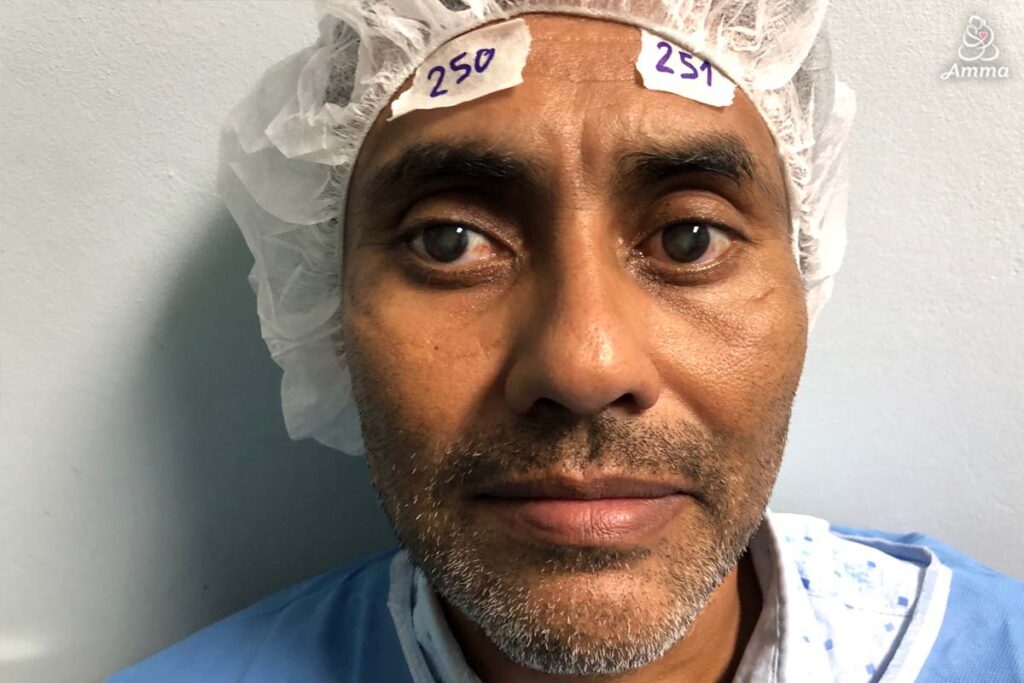
In another milestone, a Master’s student from the University of Valencia’s Optics and Optometry program participated for the first time. With Isabel as her professor, Ana Perea was able to conduct pre-operative patient exams, contribute to intraocular lens calculations, and assist in live surgeries.
“I’m very grateful for the opportunity to be with the patients. These are people who live in such difficult conditions. I collected data and will do my thesis for the Master’s level about this project. Beyond that, I truly hope to continue with these cataract surgery camps in the future,” said Ana.
For Isabel, it was a larger expression of Amma’s compassion through her on-the-ground humanitarian initiatives.
“Ana is a beautiful example of our young people arriving to witness the conditions of the people. A seed of selfless service sprouts in their hearts and that love will continue to flow to others.”
Within 24 hours of surgery, most patients showed clear corneas—a sign of rapid recovery. Some surgeries were particularly complex due to the long-standing blindness of many patients, but the overall results were highly satisfactory.
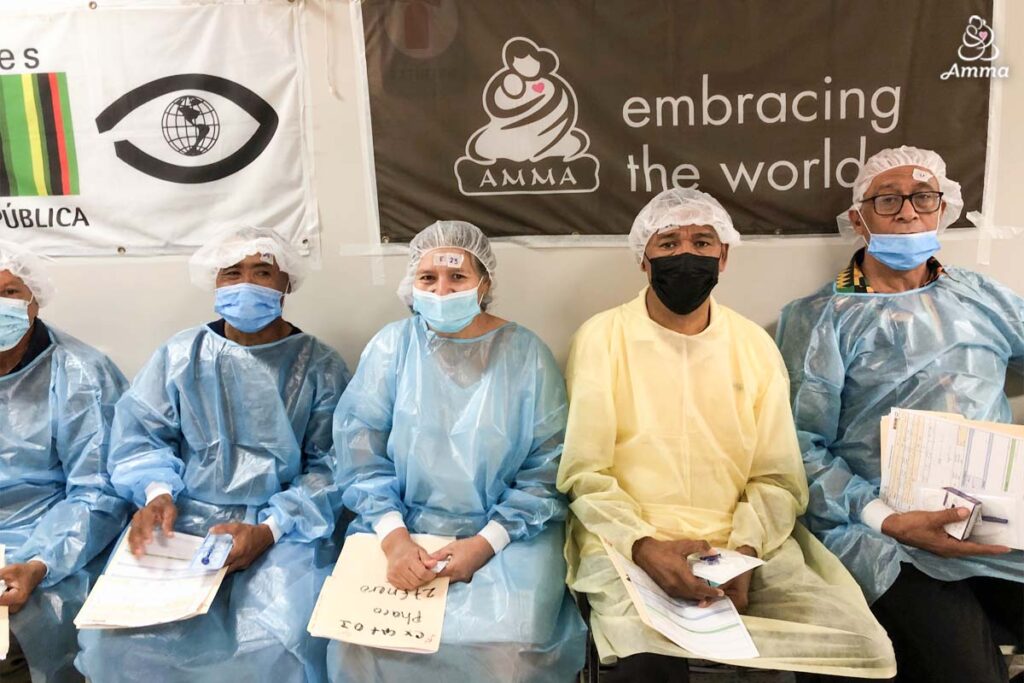
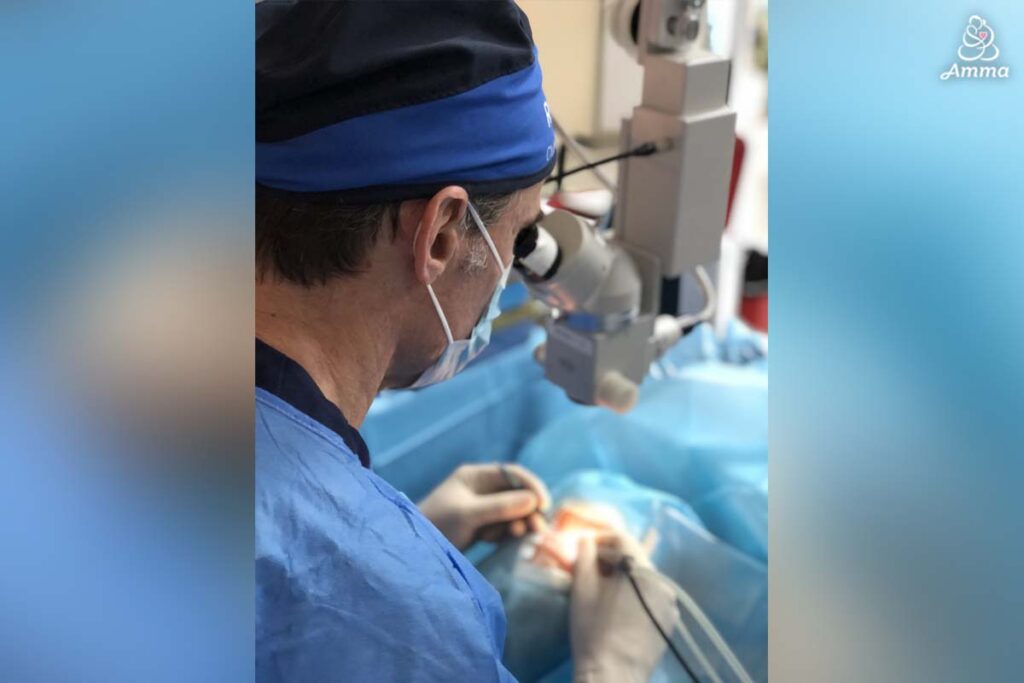
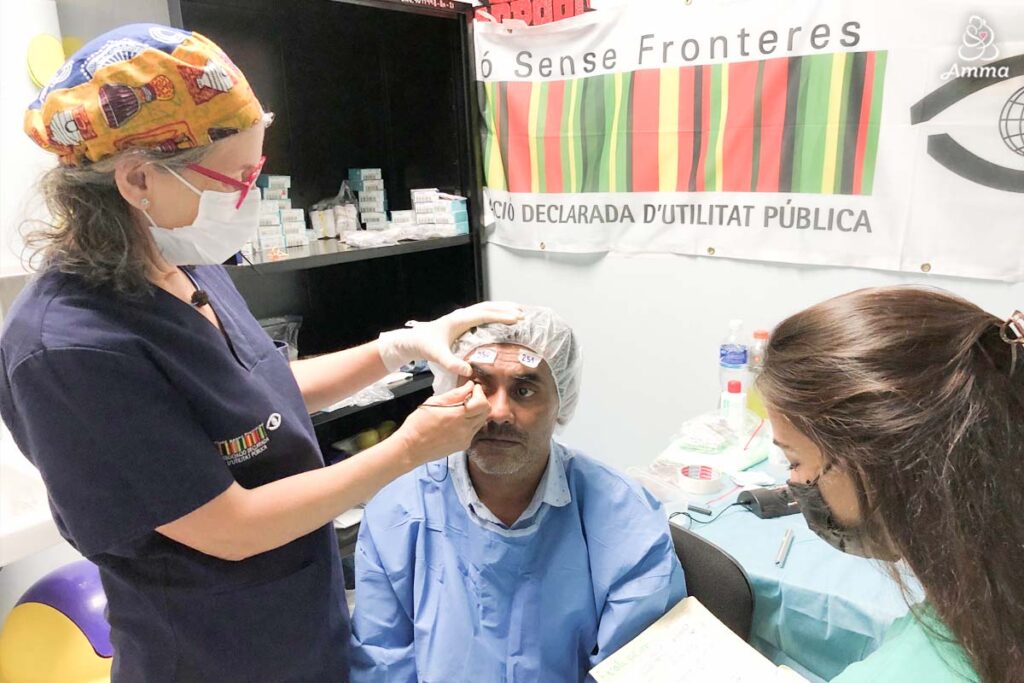
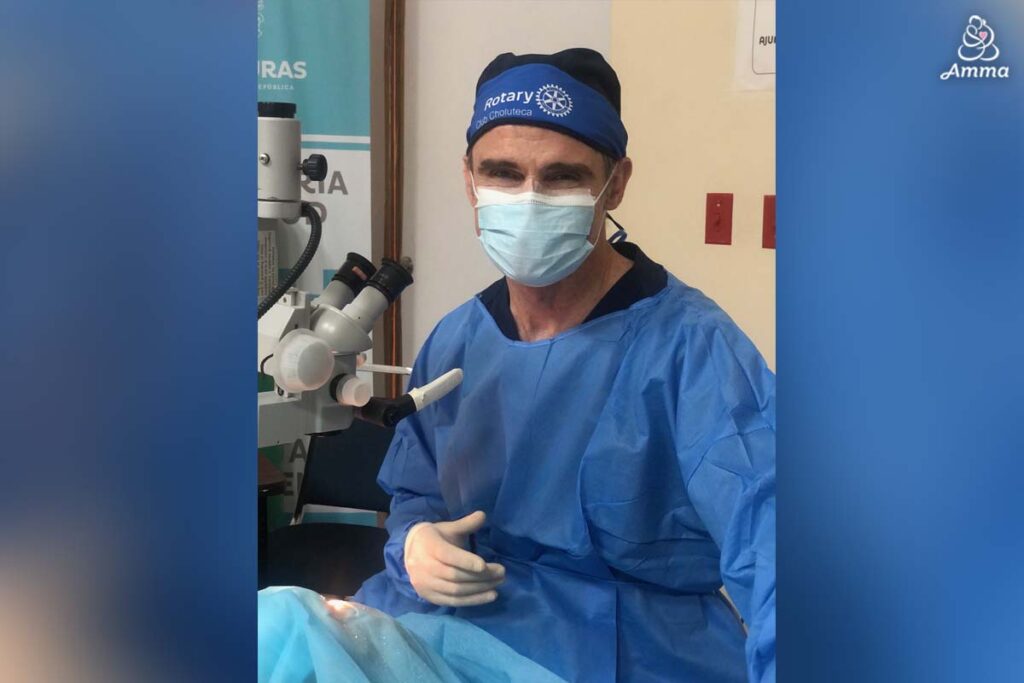
The local hospital staff provided excellent support throughout the campaign. The Spanish team was assisted by Honduran nurses and auxiliary staff, who helped with logistics and provided operating room assistance.
Immediate postoperative follow-up will be carried out by a team of local optometrists from another northern region of the country. Additionally, within three months, we will send two optometrists to evaluate patient progress, collect data on their improvement, and provide glasses to optimise their vision.
Isabel shares there was one more memorable element to the experience in Honduras. The team was able to speak to the patients in the same language.
“In Spanish, we could say, ‘Look here,’ ‘Don’t worry,’ and ‘Just open your eye.’ That was different from Africa, so made things much easier for us, as well as helping the patients understand the results,” said Isabel with a smile.
Overall, the Spanish team included the opthamologists Dr Jaime Javaloy, Dr Jose Ignacio Valls and Dr Clara Martin; optometrists Dr Mª Isabel Signes, Mr Rafael Sirvent and Ms Ana Perea; nurses Ms Marta Fernandez and Ms Elvira Rodriguez; and physician Dr Luis Santos.


